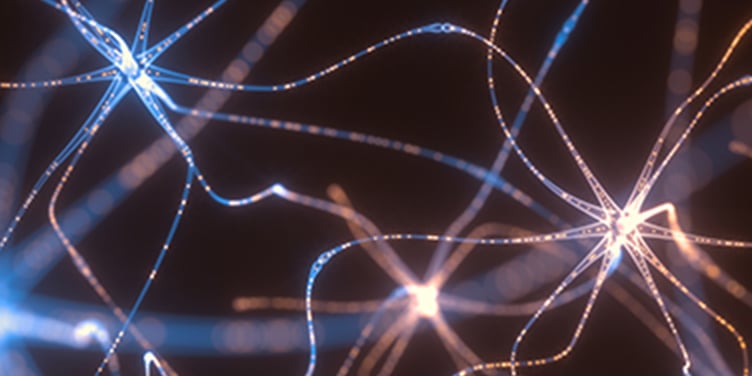
Polycystic Kidney Disease, Autosomal Dominant
Autosomal dominant PKD causes fluid-filled cysts to grow in the kidneys. Cysts may also form in other organs, including the liver and pancreas. For many patients, so many cysts develop that they eventually cause kidney failure, making dialysis or a transplant necessary.
About 540,000 people in the U.S. have autosomal dominant PKD, making it the most common inherited kidney disorder.
Causes and Forms of Autosomal Dominant PKD
PKD is a genetic disease. "Autosomal dominant" means that if one parent has the disease-causing genetic variation, each child will have a 50 percent chance of getting the disease. If a child doesn't inherit the variation, he or she can't pass along disease risk to the next generation.
Ninety percent of PKD cases are autosomal dominant. In the rarer autosomal recessive version of PKD, the cysts start to form in infancy or even in the womb.
There are two forms of autosomal dominant PKD, each caused by an abnormality in a different gene: PKD1 or PKD2. The PKD1 form is more common, accounting for 85 percent of cases, and more severe. Symptoms usually start when patients are in their 30s and the disease often progresses more rapidly to kidney failure.
The milder form, PKD2 disease, usually manifests later in life, and is less likely to result in kidney failure except at much older ages.
Our Approach to Polycystic Kidney Disease, Autosomal Dominant
UCSF provides comprehensive care for patients with the autosomal dominant form of polycystic kidney disease (PKD). Our team includes specialists in nephrology, hepatology, cardiology, radiology, reproductive endocrinology and infertility, maternal-fetal medicine, nutrition and genetics. Because PKD can affect many organ systems in addition to the kidneys, we are experienced in navigating all PKD-related medical conditions and work together to provide you with the best possible care at every stage of the disease.
Our center is also a leading hub for research aimed at improving the lives of individuals with PKD. That means our patients have access to the latest diagnostic and therapeutic options, including advanced imaging technologies to monitor progression of the disease, as well as experimental treatments being evaluated in clinical trials.
Awards & recognition
-

Among the top hospitals in the nation
-

Rated high-performing hospital for acute kidney failure
UCSF Health medical specialists have reviewed this information. It is for educational purposes only and is not intended to replace the advice of your doctor or other health care provider. We encourage you to discuss any questions or concerns you may have with your provider.





